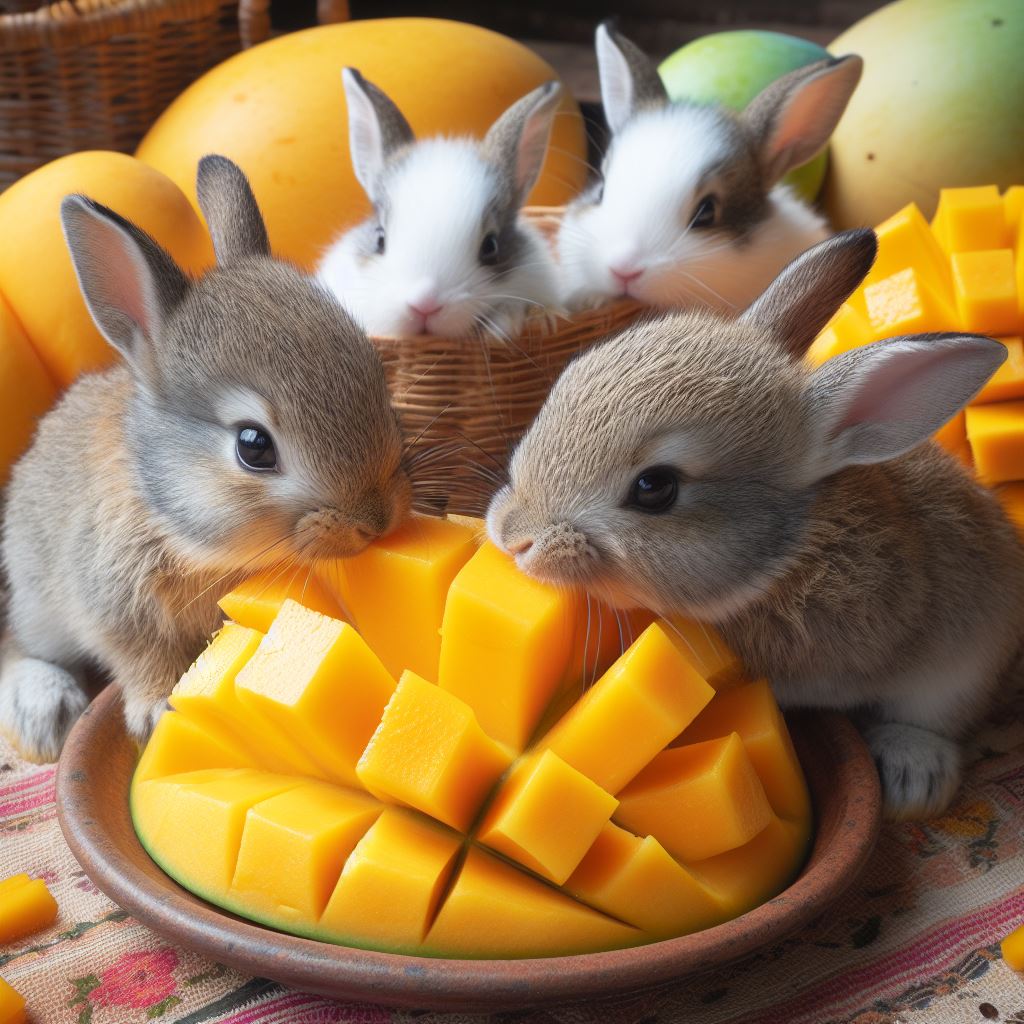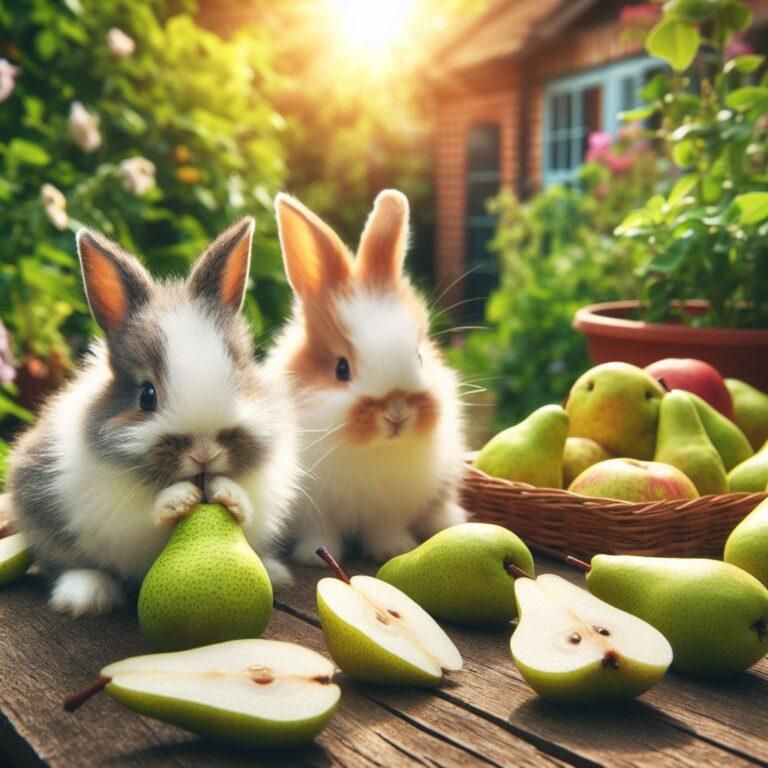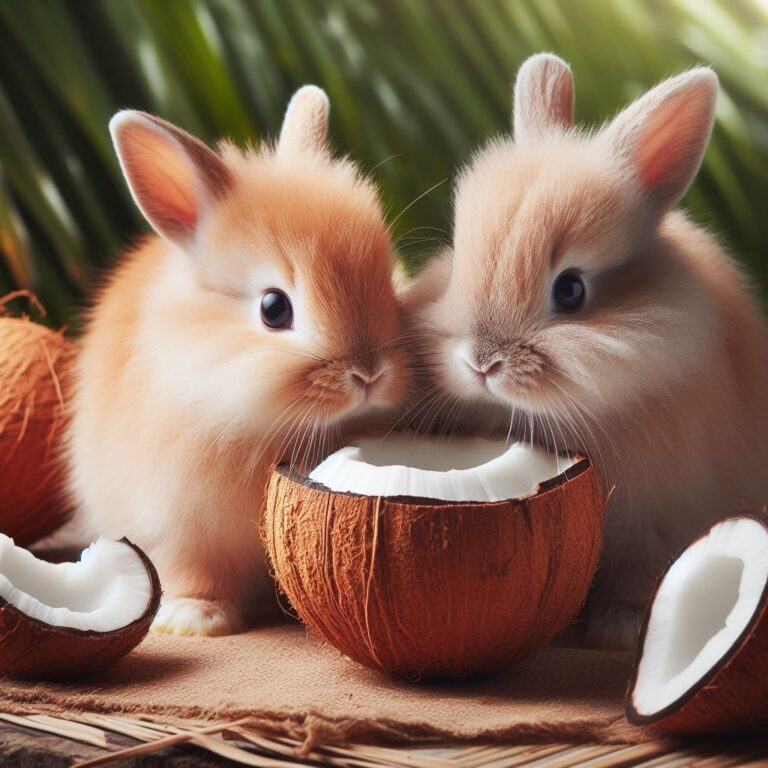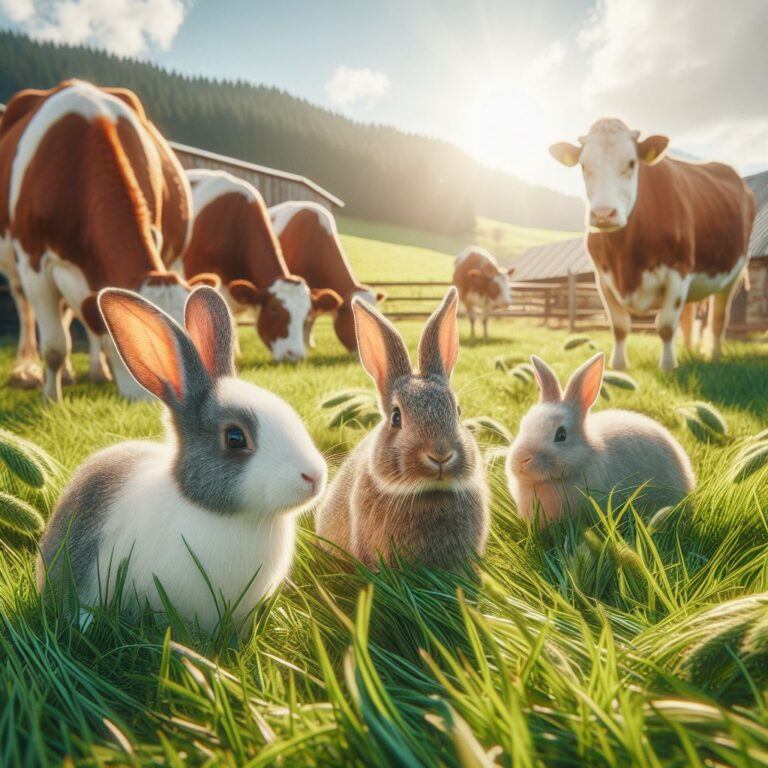Can Rabbits Safely Eat Mango
Yes, rabbits can safely eat mango in moderation. Packed with vitamins like A and C, and also rich in fiber, it can be a sweet treat for your furry friend. However, the high sugar content makes it a snack to offer sparingly. I recommend sticking to small amounts only once or twice a week.
Rabbits have unique digestive systems that require a diet mainly composed of hay, fresh vegetables such as romaine lettuce, bell peppers, green beans, or spinach, and a small selection of fruits.
Since they are herbivores, hay provides the essential fiber needed for their gastrointestinal health.
Their dietary needs include a balanced intake of proteins, vitamins, and minerals. However, a certain balance must be maintained to prevent obesity and digestive issues, which rabbits are prone to.
It’s a common belief that rabbits can munch on various fruits and vegetables without consequence. Yet, this isn’t the case, as their digestive systems are sensitive, and not all human foods are safe for them.
Next, I’ll discuss the safety of feeding mangoes to rabbits, breaking down the specifics so you can understand what’s best for your furry friend.
Benefits and Risks of Mango for Rabbits
Mango offers some benefits to rabbits. It’s not just a burst of natural sweetness, it’s also a source of hydration and antioxidants. Despite these upsides, the risks can’t be ignored either.
Too much sugar can lead to weight gain and dental problems in rabbits. Also, the fruit’s fiber is less beneficial than the high-fiber grasses and hay rabbits typically consume.
When introducing mango or any new food, start with a tiny piece to see how your rabbit reacts. You want to avoid any digestive upsets.
It’s crucial to monitor their reaction in the following 24 hours. If you notice any changes in their behavior or stool, it’s best to eliminate mango from their diet.
For a guideline, I say a slice or two of mango, no larger than the size of a poker chip as a bi-weekly treat should suffice for an adult rabbit. Always remove the skin and seed, as these aren’t safe for rabbits.
Incorporating Mango into Your Rabbit’s Diet Safely
Introducing mango to your rabbit’s diet requires some important precautions to ensure their health isn’t compromised.
It’s essential to properly wash and peel the mango to remove any pesticides or contaminants. The fruit should be cut into small, manageable pieces for easy consumption.
Start with a tiny piece to see how your rabbit reacts. Not all rabbits will tolerate the same foods, and individual digestive responses can vary.
I always recommend speaking with your vet before introducing anything new to your pet’s diet
Monitoring your pet for 24 hours after introducing mango is crucial to watch for signs of digestive upset or discomfort.
If your rabbit enjoys mango and shows no adverse effects, you can include it as an occasional treat. Keep in mind that moderation is key with sweet fruits like mango.
Too much can lead to health issues. A slice the size of your thumb is ample for a serving.
Balance is vital in a rabbit’s diet, so don’t let treats overshadow their primary nutrition sources. Always prioritize hay, fresh water, and rabbit-specific pellets.
These staples will keep your rabbit healthy, with treats like mango providing a little variety and enjoyment.
Consider offering other suitable fruits as well, like apples or berries such as strawberries, blueberries, or cranberries, to diversify their treats.
But remember, as with mango, portion size and frequency are just as important. Endless varieties of snacks might sound like a fun way to spoil your pet, but sticking to a well-rounded diet with the occasional treat is truly the best way to show you care.







